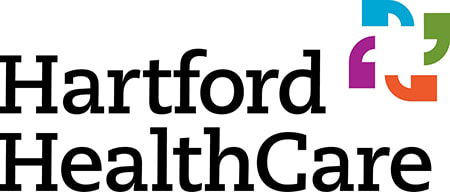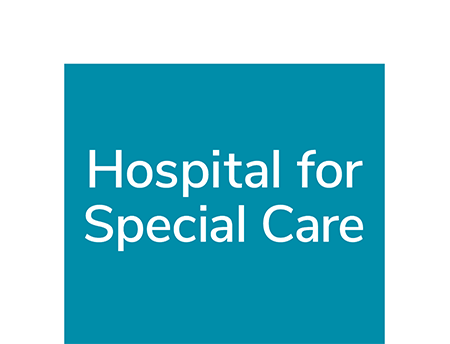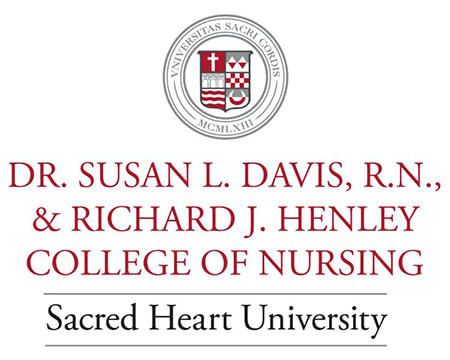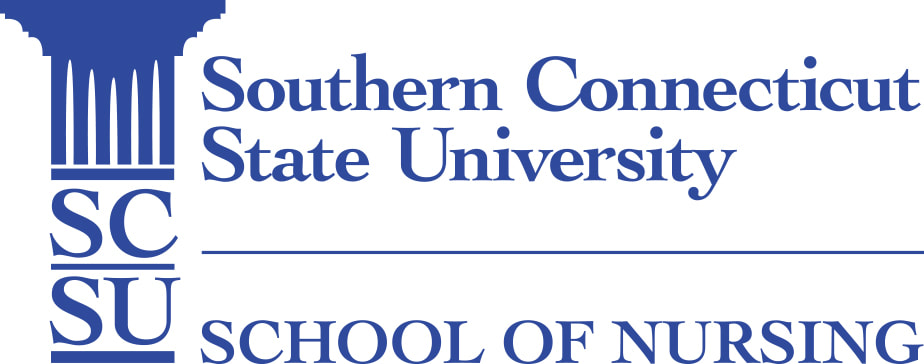Increase your skilled pool of nurses!
The RN Refresher Course supports licensed nurses with previous Acute Care experience who are looking to re-enter the nursing workforce.
This applies to:
This applies to:
- nurses who have been out of practice for LESS than 10 years and have an active RN license, and
- this course can be utilized to reinstate a lapsed RN license.


















